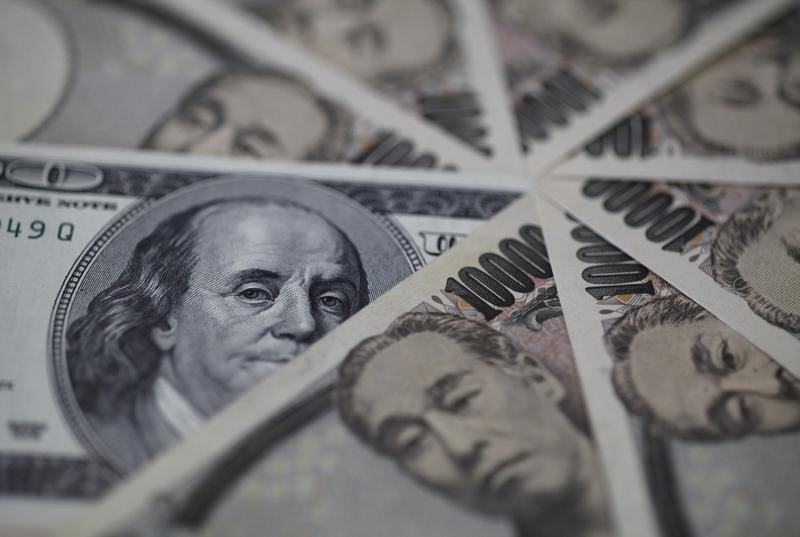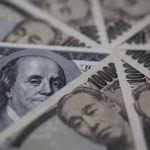
The Japanese yen was among the better performers, strengthening after the Bank of Japan held interest rates and said it expected steady increases in inflation and economic growth.
The Chinese yuan also firmed after the People’s Bank of China kept its benchmark rates unchanged, ducking some expectations that it would cut rates to further support the economy.
The Japanese yen firmed on Friday, with the USDJPY pair falling 0.2% to 142.28 yen.
The BOJ held interest rates steady in a unanimous decision, and said it expected inflation and economic growth to steadily increase.
While the central bank did not provide any overtly hawkish cues, its forecast of higher inflation tied into expectations that the BOJ will raise interest rates further. A slew of policymakers had signaled that rates will rise further in the coming months, especially as inflation picks up.
The BOJ decision and forecast came just hours after consumer price index data showed inflation rose to a 10-month high in August, as increased wages pushed up private consumption.
While the yen was nursing weekly losses, it still remained close to its strongest levels for 2024, hit earlier in the week. Expectations of higher interest rates are likely to underpin the yen in the coming months.
The dollar index and dollar index futures both fell slightly in Asian trade, extending overnight declines as markets looked to lower U.S. interest rates.
The Fed cut rates by 50 basis points and announced the start of an easing cycle, which could see rates fall by as much as 125 bps by the year-end.
But Fed Chair Powell offered a less dovish outlook for medium-to-long term rates, stating that the central bank’s neutral rate will be much higher than seen in the past. His comments limited overall losses in the dollar, and had also seen the greenback appreciate in the immediate aftermath of the Fed decision on Wednesday.
The Chinese yuan firmed on Friday, with the USDCNY pair falling 0.3% to its lowest level since May 2023.
Strength in the yuan came as the PBOC kept its benchmark loan prime rate steady, ducking some expectations that it would cut rates further to stimulate the economy.
The PBOC’s decision came even as a raft of recent economic indicators showed sustained weakness in China.
But media reports said the PBOC was instructing local banks to buy dollars and limit overall strength in the yuan, given that a stronger yuan also weighs on Chinese exports.
Broader Asian currencies firmed after the Fed’s decision. The Australian dollar’s AUDUSD pair rose 0.2% and was close to an eight-month high.
The South Korean won’s USDKRW pair was an outlier, rising 0.2%, while the Singapore dollar’s USDSGD pair fell 0.1%.
The Indian rupee’s USDINR pair fell 0.1%, pulling back further from record highs hit earlier this year.
To read the full article, Click Here

